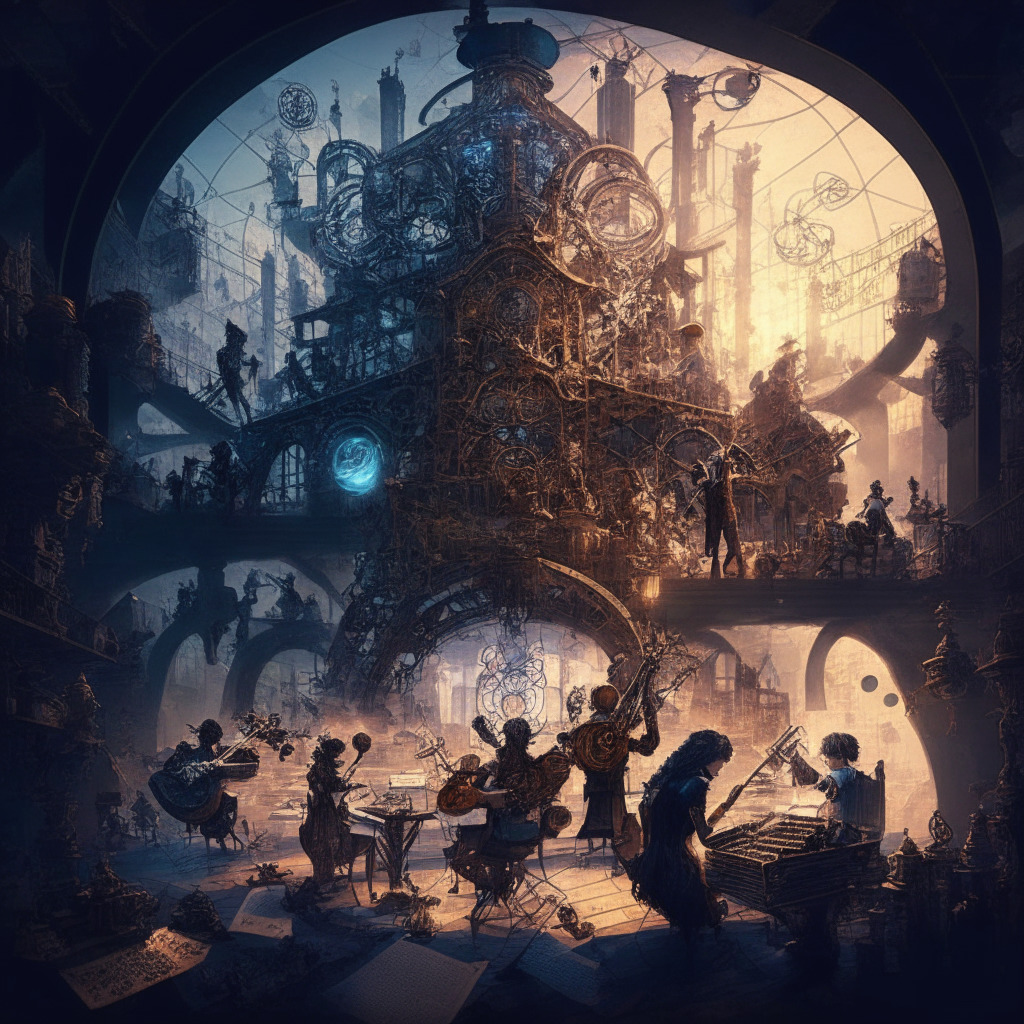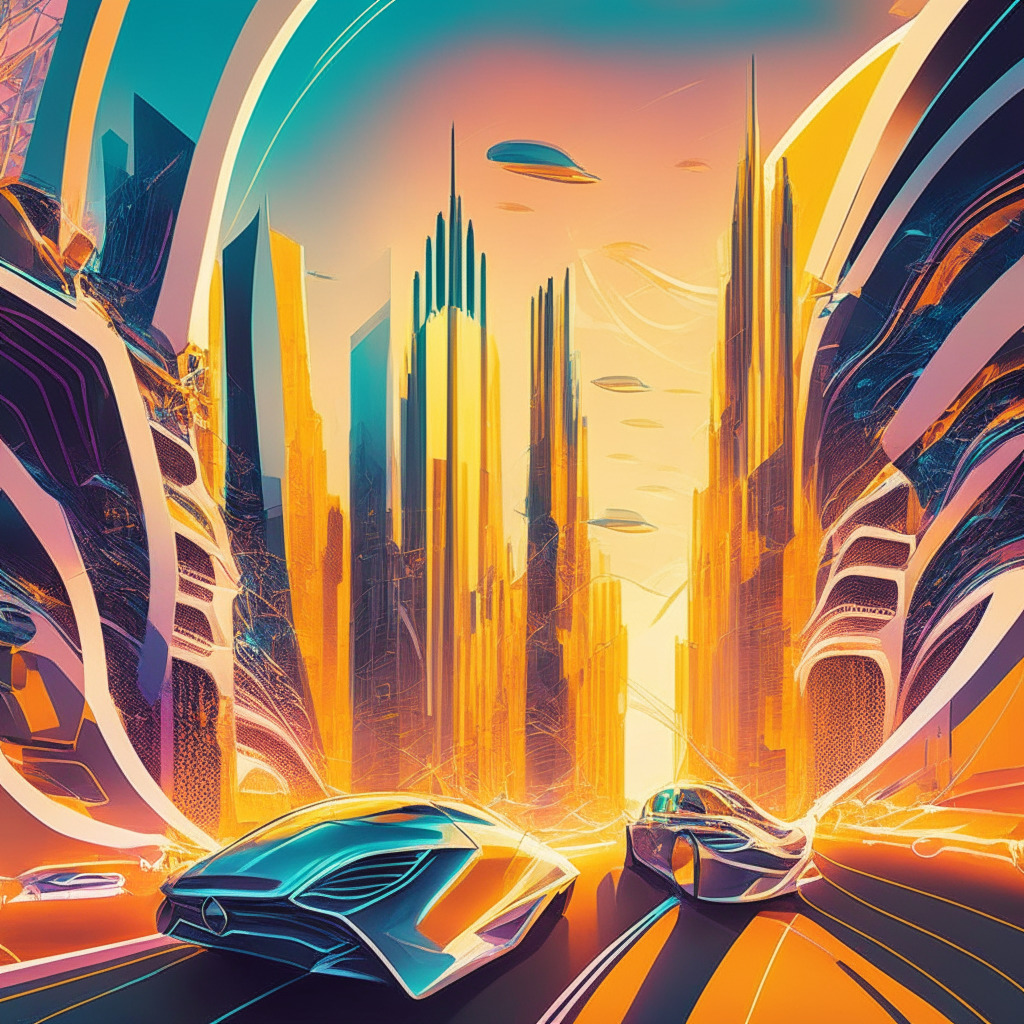Blockchain technology is undeniably revolutionising numerous sectors of our society, including content creation. This article aims to shed light on seven platforms that are empowering authors, musicians, artists, and photographers through their decentralised and transparent infrastructure.
Starting with Steemit, a blogging platform where content producers can earn “Steem” tokens for their contributions. The platform’s decentralised structure ensures creators retain full ownership and control over their intellectual property, garnering appeal from a variety of content producers.
LBRY too is a decentralised platform that leverages blockchain technology to allow creators to publish their work directly, thereby eliminating intermediaries. With LBRY, producers have complete ownership over their creations and are fairly compensated all thanks to the platform’s blockchain-oriented system.
Drawing the attention of the music industry is Ujo Music, a blockchain-powered platform aimed at musicians. This platform utilises smart contracts provided by blockchain technology to guarantee appropriate compensation for artists, and ensuring they maintain more control over licensing and royalties.
The other side of the spectrum is Po.et, a blockchain platform that aims to establish a decentralised, unalterable database for artistic productions. Utilising the blockchain, content producers can timestamp their digital assets, thereby demonstrating ownership and a record of existence, which proves incredibly helpful in situations involving copyright infringement.
Art enthusiasts might find SuperRare captivating – a blockchain-based marketplace where digital art can be purchased, in the form of nonfungible tokens (NFTs). Using blockchain technology, SuperRare provides creators a platform to earn money from their digital works while collectors can purchase and possess unique digital artworks.
Audius is revolutionising the music streaming industry by providing a decentralised service that allows musicians to profit from their work without the need for intermediaries. The platform’s blockchain tech empowers creators, ensuring they retain control of their content and receive fair compensation.
Lastly, monetisation of social media presence is made possible with BitClout, a blockchain-based platform. Using an innovative business model, users can buy and sell “creator coins” representing significant figures on the platform, this allows fans to support their favourite creators whilst content producers open up new revenue streams.
These platforms and their implementations of Blockchain technology are undoubtedly integral in redefining creative industries by giving much-needed control back to the content creators, which not only empowers them but also supports their intellectual property rights, ensuring fair compensation and a direct connection with their audience. But on the tragic side, such immense freedom to content creators could lead to an uncontrollable surge in misinformation and copyright infringing materials, if not properly monitored and regulated. It also remains to be seen how these platforms will deal with online piracy issues, a long-lasting problem that has plagued content creators.
Source: Cointelegraph




